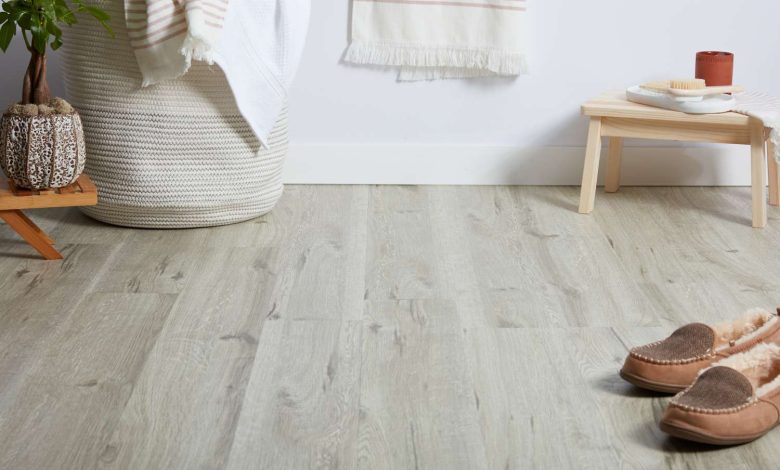Comparing Rigid Vinyl Flooring With Other Flooring Options: Which Wins?

When renovating or building a new home, choosing the right flooring is crucial to the look and feel of your space. Rigid vinyl flooring has emerged as a popular choice, but how does it stack up against other types of flooring like hardwood, laminate, and ceramic tiles? This article will provide a detailed comparison to help you decide if rigid vinyl is the best option for your needs.
Rigid Vinyl vs. Hardwood Flooring
Durability and Maintenance
Rigid vinyl flooring is highly durable and resistant to scratches, stains, and moisture, making it ideal for high-traffic areas and homes with pets or children. Hardwood, while durable, is susceptible to scratches and water damage and requires more maintenance to keep it looking its best.
Aesthetic Appeal
Hardwood floors offer timeless beauty and can increase the resale value of a home. Rigid vinyl, however, can mimic the look of hardwood and other natural materials quite convincingly, giving homeowners aesthetic flexibility without the higher cost and maintenance.
Cost
Hardwood flooring is generally more expensive than rigid vinyl, both in terms of materials and installation. Rigid vinyl offers a cost-effective alternative with easier and less expensive installation, often not requiring the same level of subfloor preparation.
Rigid Vinyl vs. Laminate Flooring
Moisture Resistance
Both options are popular for their durability and lower cost compared to hardwood. However, rigid vinyl generally offers better resistance to moisture and humidity compared to laminate, making it a safer choice for kitchens or bathrooms.
Installation Ease
Laminate flooring also features a click-lock installation system, similar to rigid vinyl. Both can be DIY-friendly, but rigid vinyl is often quieter underfoot due to its denser core and may come with pre-attached underlayment, enhancing comfort and sound insulation.
Rigid Vinyl vs. Ceramic Tiles
Comfort and Warmth
Ceramic tiles excel in moisture resistance and durability and are preferred in wet areas like bathrooms and kitchens. However, tiles can be cold and hard underfoot. Rigid vinyl provides a warmer, more comfortable walking surface and can also be suitable for wet areas, offering a good balance between comfort and functionality.
Installation Complexity
Tiles require a cement board underlayment and mortar, and the installation process can be labor-intensive and time-consuming. Rigid vinyl flooring’s installation is quicker and cleaner, often not requiring the special tools and skills needed for tiling.
Price Comparison
Ceramic tiles vary in price, from very affordable to very expensive, based on the quality and design. Rigid vinyl typically falls into a more moderate price range and offers easier and cheaper installation, potentially leading to overall cost savings.
Conclusion: Which Flooring Wins?
The best flooring choice depends on your specific needs, budget, and aesthetic preferences. Rigid vinyl flooring is an exceptionally versatile and practical choice, suitable for almost every area of the home. It offers an excellent balance of durability, ease of installation, aesthetic flexibility, and cost-effectiveness, making it a competitive option against more traditional materials.
Whether you prioritize the natural beauty of wood, the affordability and ease of laminate, or the durability of ceramic, consider how these factors align with your lifestyle and home environment. For many, rigid vinyl flooring will offer the most advantages, with fewer compromises, making it a leading contender in the flooring market.




